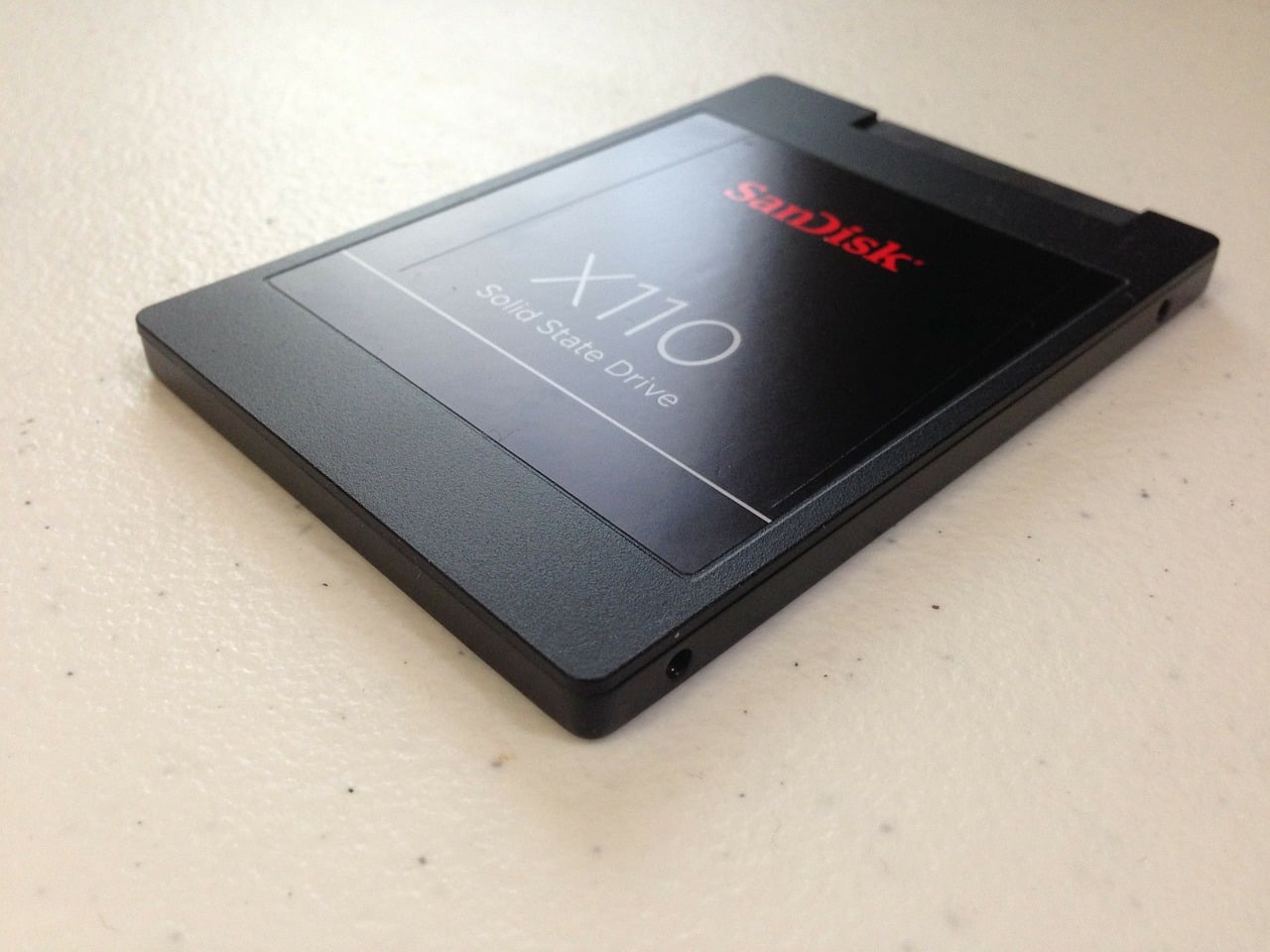People looking to buy a new laptop or PC do a lot of research before making a decision. They compare products based on different features, specifications, storage, processing power, and other details. If you are in the market for one, you must have come across terms like SSD and HDD storage solutions. In this SSD vs HDD comparison, let’s find out how they differ and which one could be more suitable for you.
Understanding SSD vs HDD
All the data on your computer, including the operating system, is stored and organized on the hard drive. The processor can readily access and process that data. There are two different types of hard drive: solid-state drive (SSD) and hard-disk drive (HDD). Each has its own benefits and is specialized for different tasks. While SSD is relatively newer, the hard-disk drives have been around for decades.
A hard-disk drive relies on the Serial Advanced Technology Attachment (SATA) bus architecture to transfer data from the hard drive to other parts of the computer for processing and execution. The HDD uses a spinning magnetic disk to read and write data.
In contrast, the solid-state drive (SSD) doesn’t have any moving parts. It uses a controller to read and write data on flash memory chips. They are much smaller than their HDD counterparts. A hard-disk drive is a 2.5-inch or 3.5-inch disk. SSDs on the other hands are available in different shapes and sizes.
SSD vs HDD: Storage
This is one area where HDDs have an edge. You can easily find HDDs with several terabytes of storage. That’s why they are often used for large-scale servers. They offer massive storage space without a significant jump in the cost. On the other hand, SSDs are much smaller and therefore are limited in their storage capacity. They get increasingly expensive and most people can’t afford SSD drives over 2TB of storage.
The HDDs will likely retain this advantage in the foreseeable future. But SSDs continue to get smaller, allowing vendors to make their laptops slimmer and lighter.
SSD vs HDD: Speed
The mechanical moving parts of HDDs determine how fast they can read and write data. You can find HDDs with different data transfer speeds in the market. The SSDs also come with different speeds, but they are almost always faster than HDDs because they don’t rely on mechanical parts to physically read/write data.
Laptops with solid-state drives boot up in only about 10 seconds compared to up to one minute taken by HDDs. Another major problem with hard-disk drives is fragmentation, which happens when tiny bits of data are spread across different parts of the memory disk. It occurs when the disk processes a lot of data such as when you are gaming or editing videos.
Fragmentation causes your computer to take longer to read files. It could also cause the HDD to freeze or crash. The solid-state drives (SSDs) don’t suffer from fragmentation as they use a controller to read/write data on flash memory chips. Data on SSDs is also distributed across cells, but they can access each cell simultaneously. It allows SSDs to read files quickly.
That’s why SSDs feel much faster than HDDs when running applications or editing videos. The file transfer speed on SSDs is also incredibly fast. As for gaming, SSDs can reduce the boot time and load files quickly, but you won’t notice much difference between SSD and HDD once you start playing games. That’s because your gameplay depends on RAM and the capabilities of your computer’s graphics card.
SSD vs HDD: Energy efficiency
Solid-state drives consume less than half the power of HDDs. That’s why a computer with SSD storage tends to last much longer than those with hard-disk drives. It also means that SSDs could reduce your electricity bill if you run multiple workstations in your office.
Pricing
Besides storage, pricing is another aspect where an HDD still makes sense. It costs an estimated 80% less per GB of storage than SSDs. The prices of SSDs have declined dramatically in the last few years, but they remain relatively more expensive than their HDD counterparts.
So, which one is better? It depends on your requirements. If you want a lot of storage without having to spend a lot of money, hard-disk drives make more sense. But if you want a blazing fast performance and lower power consumption, SSDs are the right choice.
Fortunately for consumers, vendors have started offering a middle ground where they combine SSD and HDD into a single device. All the software and programs including the operating system are installed on SSD to offer a snappy performance. You can store all your movies, TV shows, photos, and other content on the hard-disk drive.





